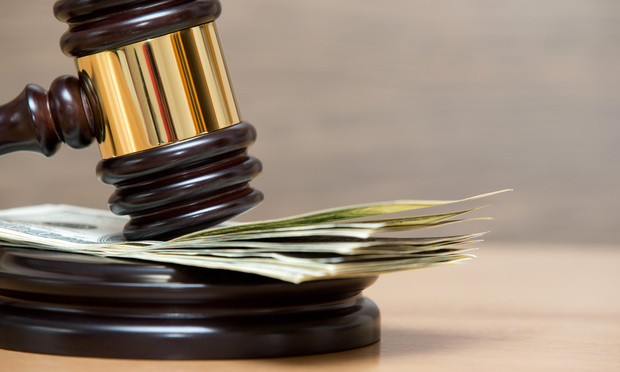Prosecutions of corruption are up slightly. More national authorities around the world are expressing an interest in combating bribery. Stronger anticorruption legislation has been passed by key countries such as Brazil and China. Significant additional resources are being applied to the effort in many nations, including a 300 percent increase in the staff of the U.S. Federal Bureau of Investigation’s Washington D.C.-based FCPA unit. On top of this, fines are increasing, large penalties have been assessed in a handful of high profile cases over the last two years and international cooperation among national law enforcement authorities has matured and expanded.
In light of this activity, one might expect that corruption levels would decrease. But they have not. Why hasn’t it happened? The focus of this piece is to propose some possible explanations for this anomaly.
This content has been archived. It is available through our partners, LexisNexis® and Bloomberg Law.
To view this content, please continue to their sites.
Not a Lexis Subscriber?
Subscribe Now
Not a Bloomberg Law Subscriber?
Subscribe Now
LexisNexis® and Bloomberg Law are third party online distributors of the broad collection of current and archived versions of ALM's legal news publications. LexisNexis® and Bloomberg Law customers are able to access and use ALM's content, including content from the National Law Journal, The American Lawyer, Legaltech News, The New York Law Journal, and Corporate Counsel, as well as other sources of legal information.
For questions call 1-877-256-2472 or contact us at [email protected]






